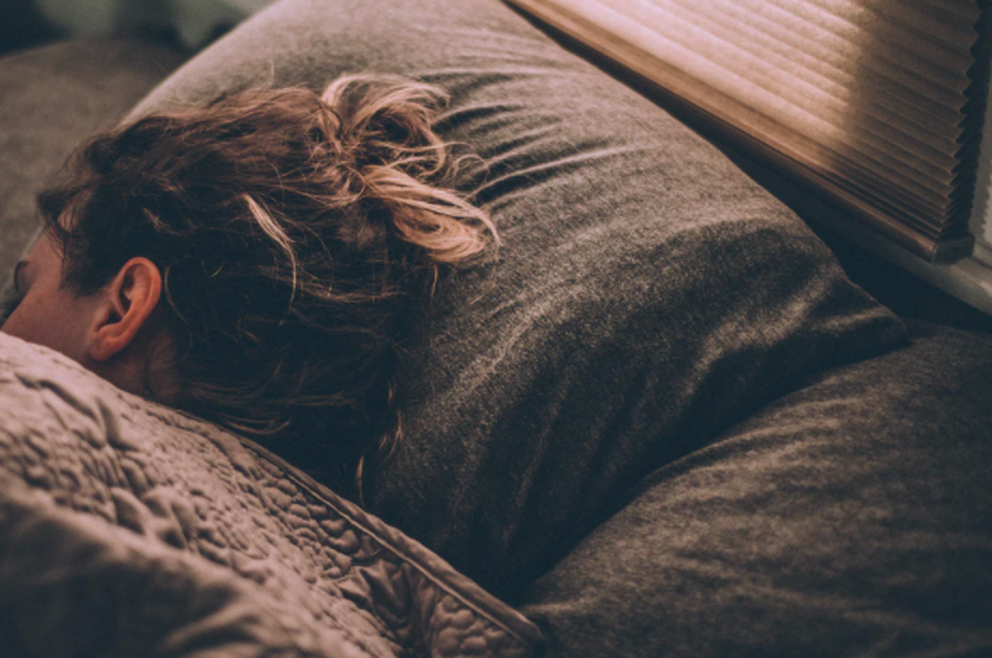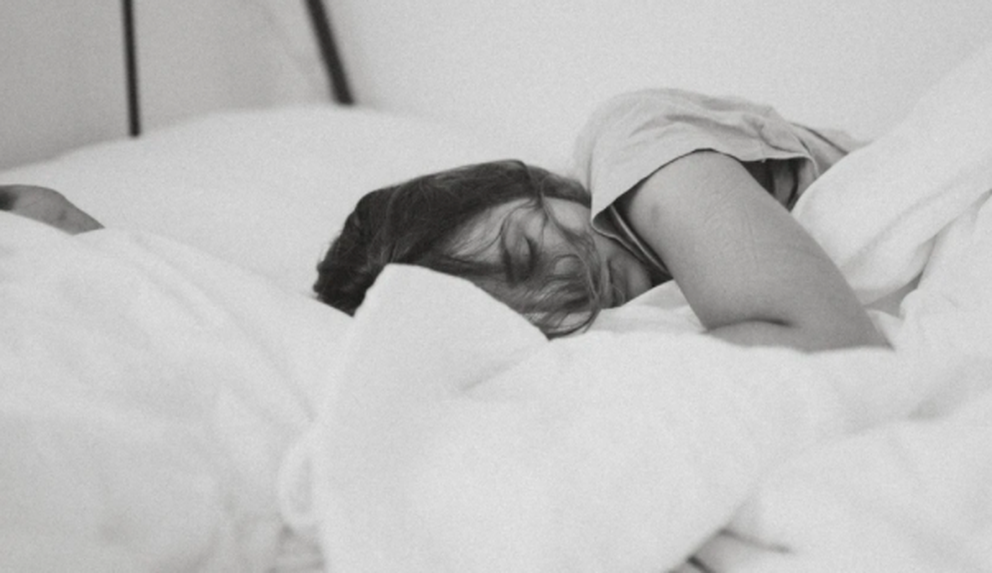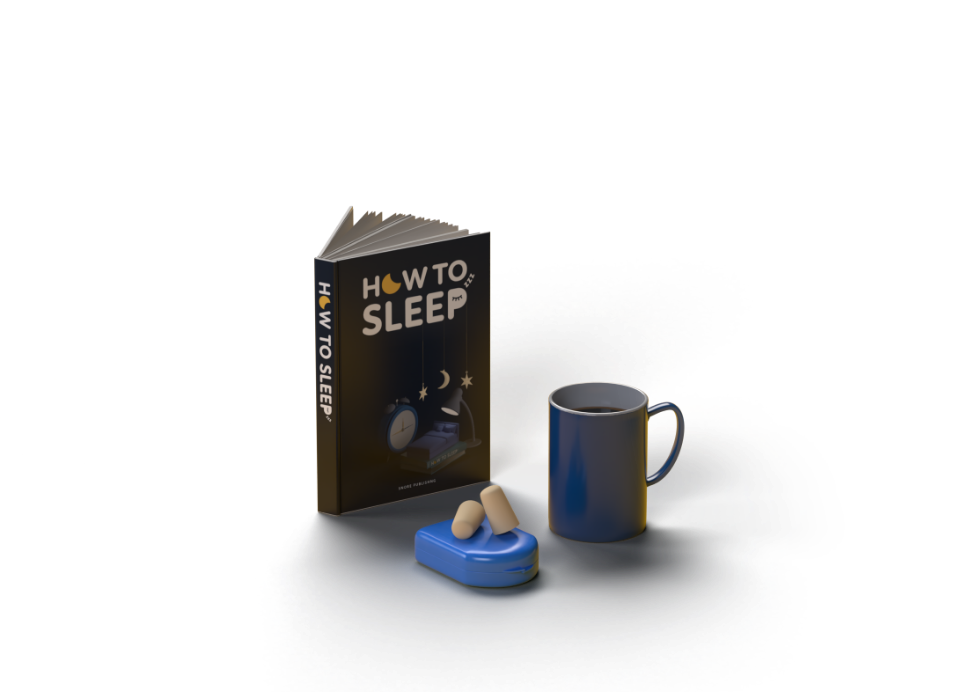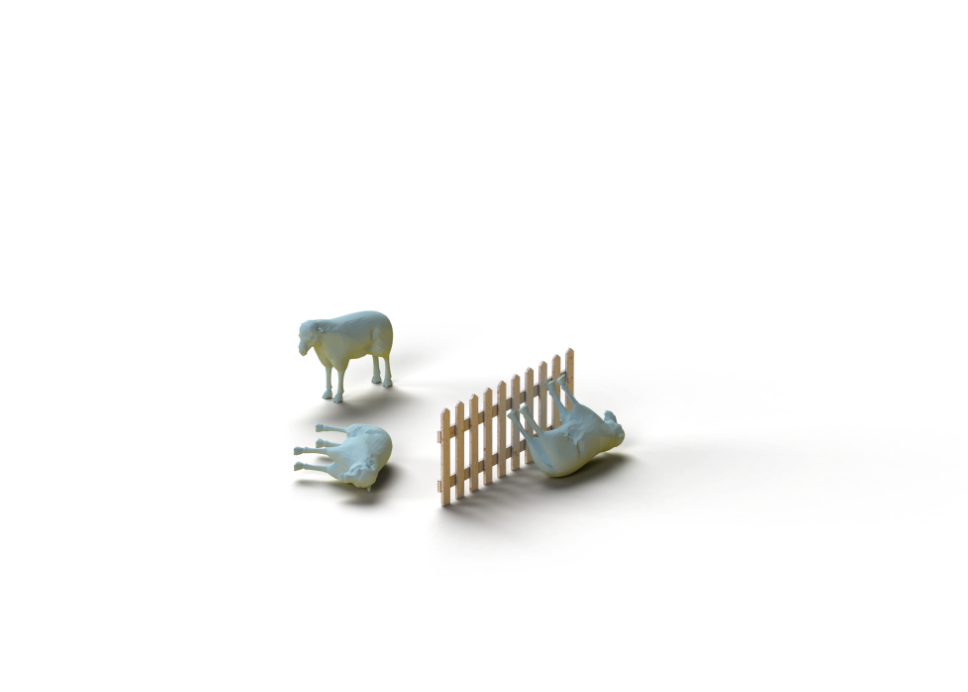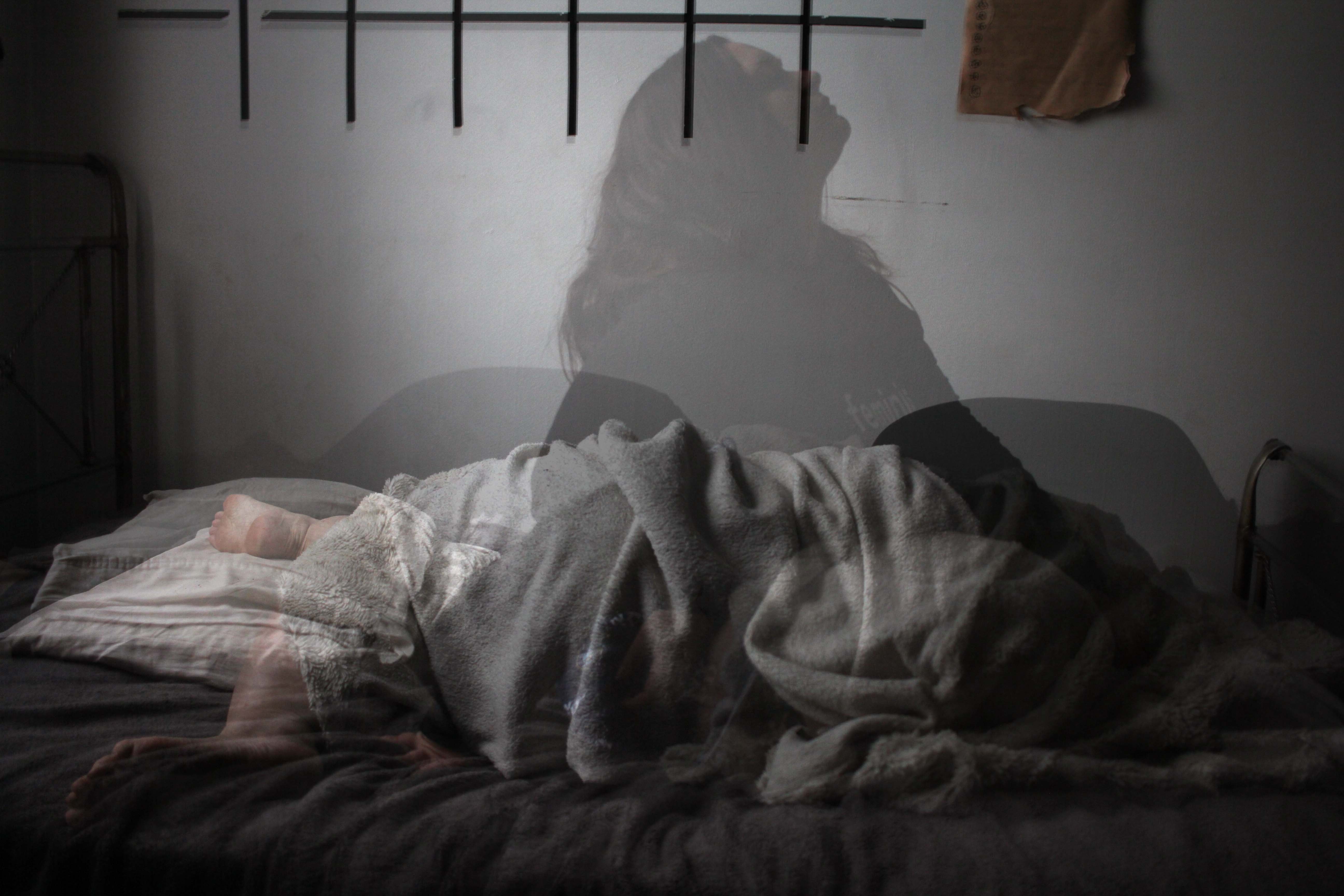
How to fix your sleeping pattern
Learn more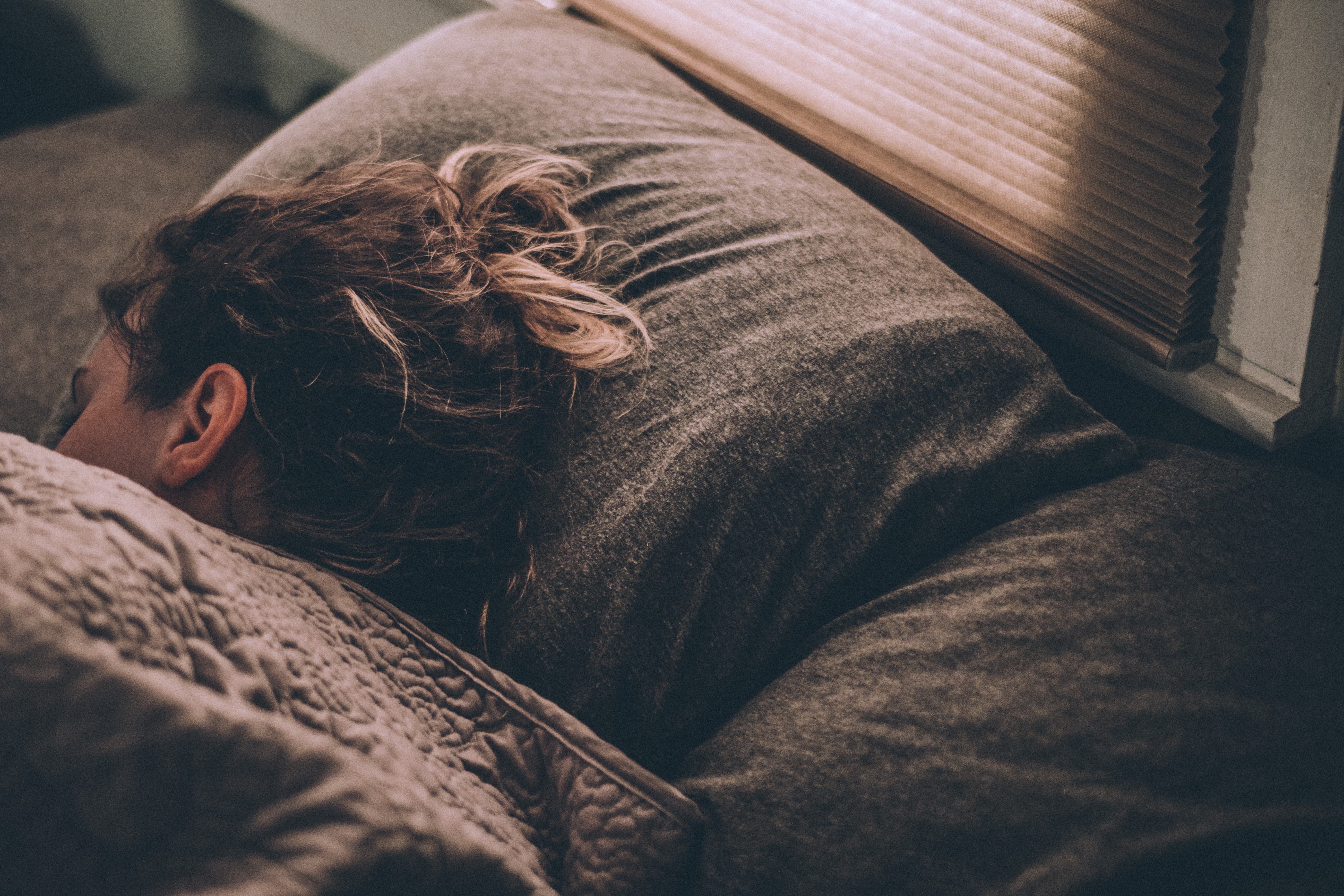
Chapter 1
Understanding your internal sleep clock
We all value our sleep. Not getting enough can play havoc with our bodies and brains, leaving us tired, irritable and unable to function at full capacity. The first step towards sleep deprivation comes when you fall into a poor sleep pattern.
Regulating our body clock is key to dropping off and waking up at the right time. But doing that is easier said than done – especially if you aren’t sure what’s causing the problem.
This guide will look to help those wondering how to fix their sleeping pattern. We’ll look at assessing the primary causes of sleep deprivation, understanding how your body clock works, and provide actionable changes you can make to fix your sleeping pattern for good.
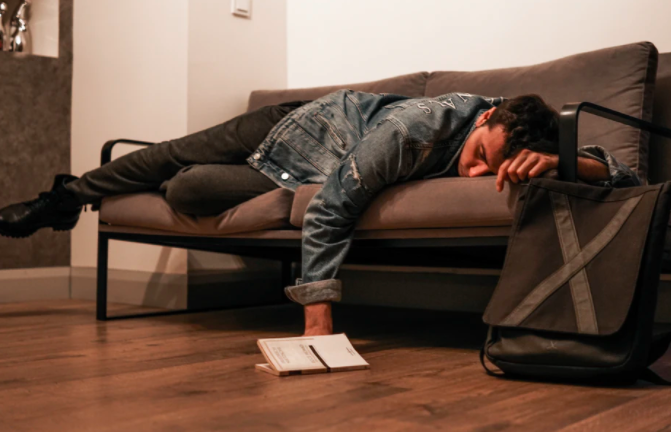
Understanding your internal sleep clock
Our sleep clocks don’t all tick to the same beat. Everyone is different, with the amount of time needed to sleep – and even the time of night – varying from person to person. This is all controlled by something called your circadian rhythm.
This is the name given to internal biological cycles which control our mental abilities and physical movements. They determine when we feel tired, hungry, energetic and productive. It’s for this reason that matching your clock to your daily routine is so important, as it will have a huge impact on production and comfort levels.
When your circadian rhythm is thrown off kilter by a sleep pattern disrupter, your internal clock will place you at the wrong point in your cycle. This will leave you feeling lethargic, tired, irritable and may even lead to physical issues like headaches or gastrointestinal problems.
While science doesn’t fully comprehend exactly how the body clock works, it’s believed our own personal timings are developed internally. Hormones, neurotransmitters and even our genes are thought to have a huge influence on how and when we need rest.


Chapter 2
Causes of sleeping pattern disruption
A lot of things can cause our bodies to drop out of a healthy routine and disrupt our circadian rhythm. Whether it’s the hours you work, or changes to your personal life, it’s surprisingly easy for your sleeping pattern to change for the worse.
Shift work. This type of work can have odd hours, with people sometimes even asked to be on call during hours of darkness. It’s really difficult to balance this kind of on-and-off routine with your body’s natural rhythm.
Caffeine or sugar before bed. This is a far more preventable issue. Ingesting stimulants right before you’re meant to be sleeping will send triggers to the body telling it that it needs energy. In reality, the complete opposite should be true when you try to sleep.
Emotional stress. Problems such as anxiety and depression can cause the mind to race at a time when all you want to do is shut off. This restlessness can keep you awake for hours, throwing your clock completely out of sync.
Fluctuating sleep hours. Sometimes just having a scheduled beginning and end of your day is enough to help you out. If you wake up at odd hours of the day, or have exceptionally long lie-ins on weekends, your body might struggle to find any sort of consistent routine.
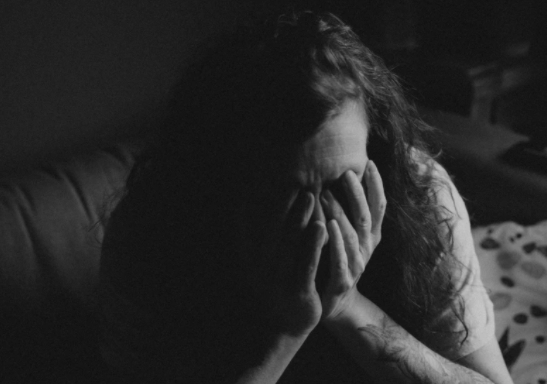

Chapter 3
Is pulling an “all-nighter” a quick fix?
There are a variety of supposedly quick fixes out there which people think will help with a poor sleep pattern. Arguably the most popular is the belief that doing an “all-nighter” (skipping sleep for one evening) will help you fall back into your groove.
In reality, this will have no impact on your overall sleep patterns and might also lead to wider health problems. It could place extra strain on your unrested vital organs, and could even result in a car accident owing to delayed reaction times.
What’s more, the type of sleep you get after missing an entire night will not be “normal”. REM sleep rebound is the name given to this type of slumber, which sees excessive levels of rapid eye movement, as your body desperately tries to catch up on the sleep you missed.
Because of this abnormality, your body clock could be thrown even further out of sync than before. Sadly for those hoping to fix their issues quickly, it takes a little bit more time than one solitary evening.
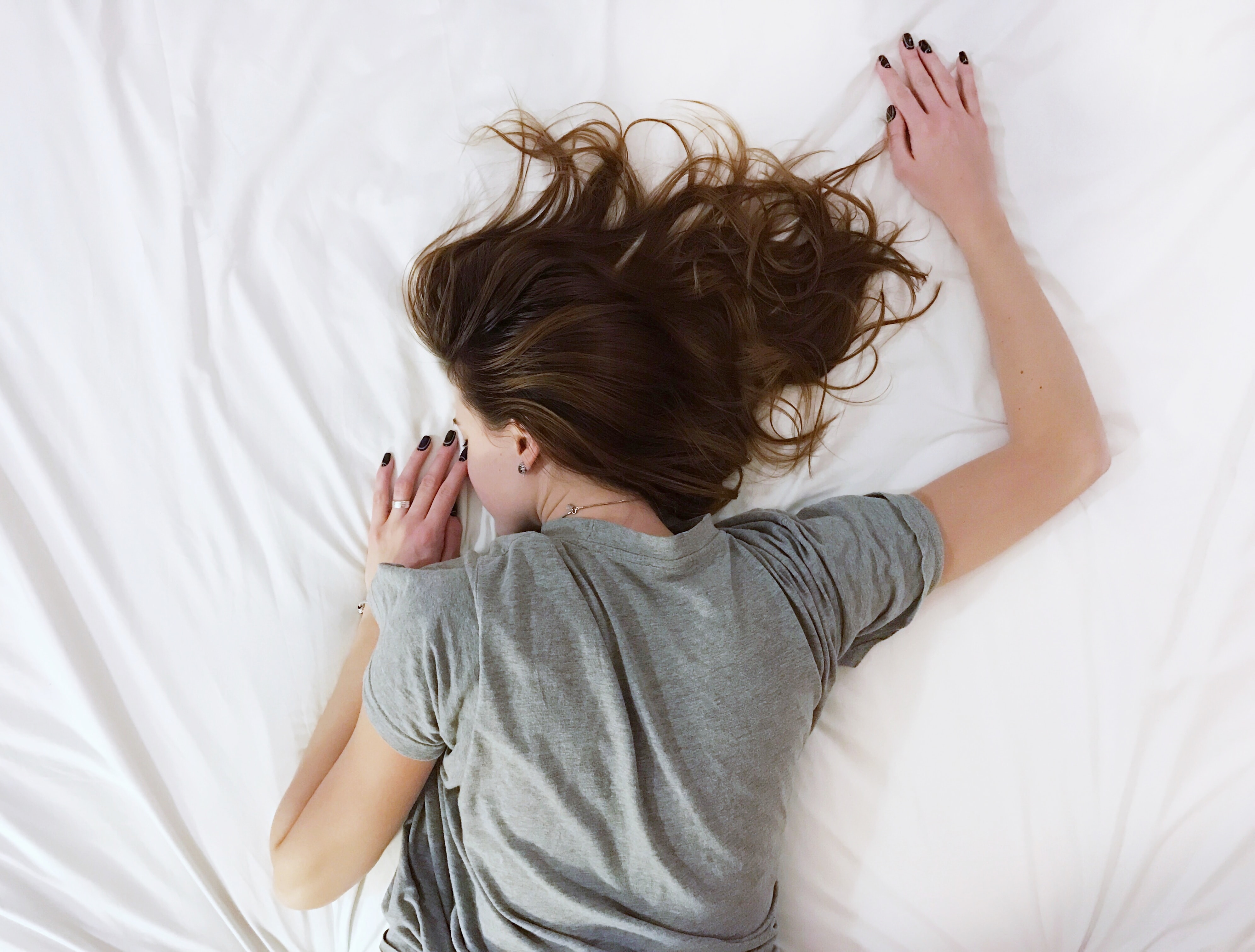
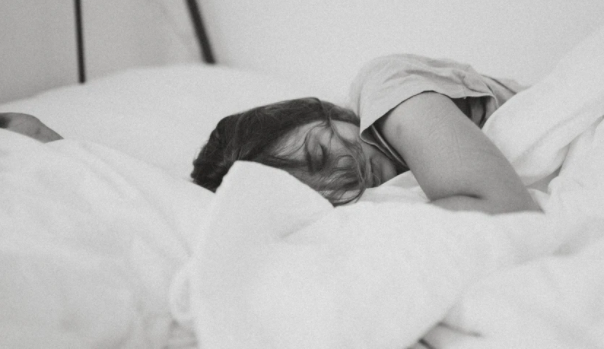
Chapter 4
How to fix your sleeping pattern
But what really helps? Fixing your sleep pattern isn’t as easy as staying up for a day-and-a-half, but it’s not an impossible challenge either. If you’re looking for ways to improve your nighttime habits, here are some simple healthy sleep practices which you can quickly start implementing into your routine.
Try not to nap. Napping is one of the most dangerous disruptors of your sleep cycle. It’s tempting to close your eyes from time to time, but it’s likely to make you far less tired for the time when you should actually be sleeping. While it might sound a challenge, sleep professional Rafael Pelayo goes as far as to recommend doing exercise whenever you feel like napping. This will give you a much-needed energy boost, while also helping you feel more tired in the evening.
Don’t have lie-ins. Weekend lie-ins are a treat on occasion, but don’t let them become a regular thing. They’ll make it more difficult for your internal schedule to become set. Try giving yourself a reason for getting up at the same time on the weekend or your days off as you would during a regular work day.
Be strict with your sleep schedule. Along a similar train of thought, be sure to try and keep the same schedule when it comes to bedtime. That means always trying to fall asleep at the same time, or at least beginning your winding down process at the exact same point.
Avoid exposure to light. Bright lights have the ability to wake us up, as our brains are programmed to associate sunlight with the start of a new day. Blue light (such as that which is emitted from electronic products) is particularly bad, as it reduces the rate at which melatonin (a natural sleep stimulant) is released in your body. Try to reduce the amount of exposure you get to this before you try to sleep. The best option here is to try and read a book instead of watching something on television or using your phone.
Create a bedtime routine. The easiest way to ensure you don’t fall into bad habits in the evening is to set yourself a strict routine. Create a full plan of what you intend to do every night if you have to. This will go a long way to keeping you structured and organised.
Try melatonin. This should not be self-prescribed, but if your doctor recommends melatonin it can have a positive impact on your ability to fall asleep if taken in proper doses. The additional levels of melatonin will supplement any lack of the hormone you may have in your own body.
Bright-light therapy. There are a variety of devices you can buy over-the-counter for managing the amount of light your body absorbs every day. It’s best to do this in the morning, as it will alert your body that it’s time to wake up and begin the day.
Talk to a professional. If all else fails it might be time to turn to a professional for help. Talking to your doctor is a good way to find out what steps you can take to improve your overall sleep health.
Fixing a sleeping pattern isn’t a one-night task. It takes time and perseverance. But while that might be the case, your body will ultimately be very grateful for the effort you’ve put in.
